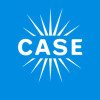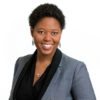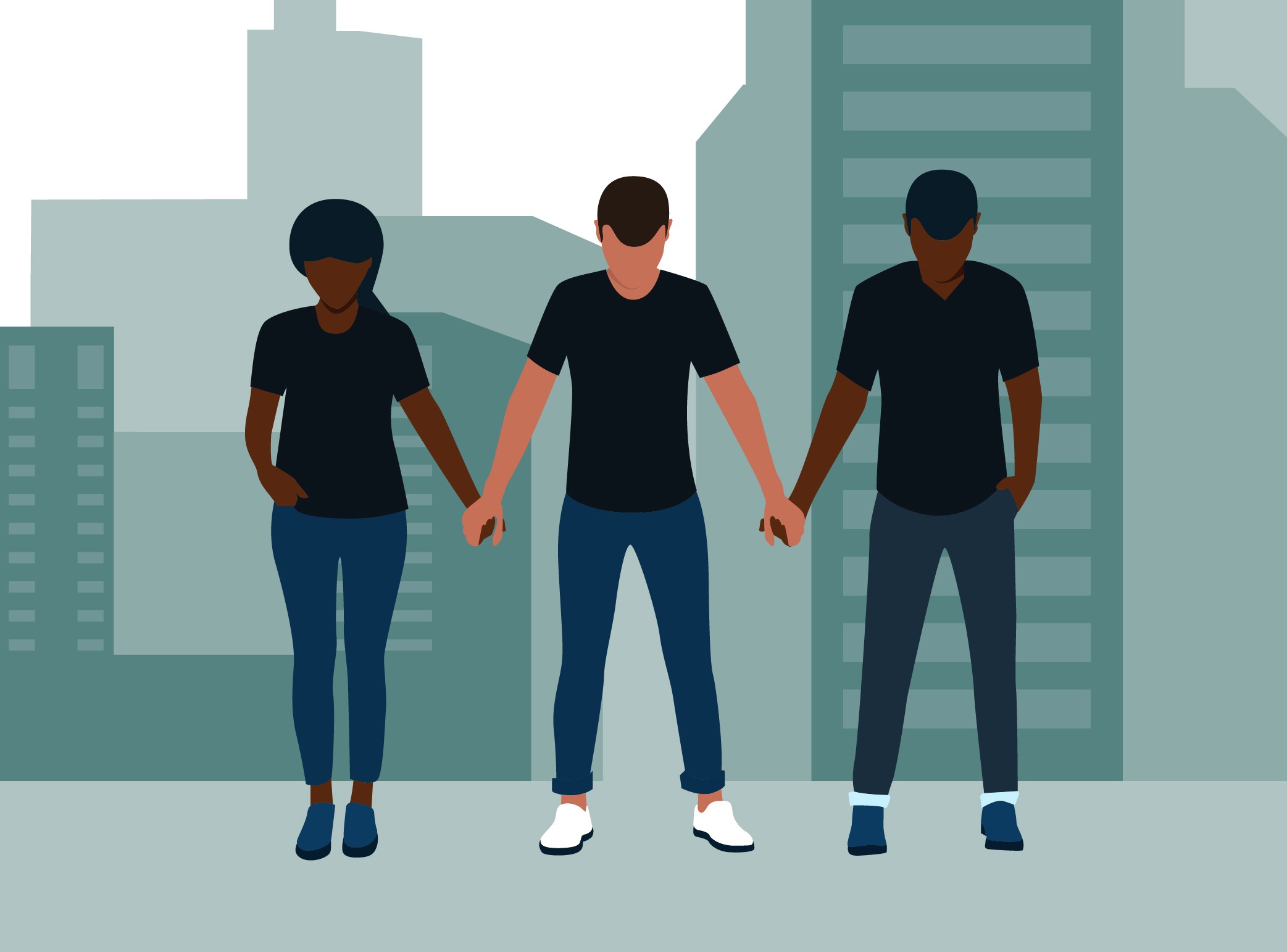When friends, loved ones and colleagues greet one another, the customary greeting is to ask, “How are you?” I’ve always found it a beautiful symbol — before we get to the business at hand in any conversation, we’re taking a moment to acknowledge that we care for one another. But lately for me this casual reference can stop me in my tracks.
You see, in December I was diagnosed with early stage breast cancer. I had found a small lump myself after a clean mammogram just 5 months earlier. Blessed with good healthcare, surgery was scheduled and the plan was to remove the small tumor. It was my expectation that radiation would follow for 30 days and then we’d move on with the hope and prayer of leaving cancer behind. Upon learning of my diagnosis, I sent a note to close friends and colleagues to share the news and to let them know the circumstances and to inform them that this could possibly mean some interruption in things planned. It was an honest attempt to be transparent but I didn’t go so far as to blog, tweet or update my Facebook status. I wanted to get the news out to those who are an active part of my life but I didn’t see the point in trumpeting the news further. I was in a good place emotionally and spiritually, and the love and support that followed was truly touching. I was quite amazed at the response I received and the number of people who thanked me for sharing the news. It was emotional for many who received the update and for me as I responded to the beautiful expressions of loving care.
Then I had the surgery which went remarkably well. No lymph node involvement and no signs of spread of the cancer beyond the tumor site.. An easy recovery followed. But following surgery we learned the news that my tumor tested positive for a protein called human epidermal growth factor receptor 2 (HER2), which promotes the growth of cancer cells. It sounds complicated but really the important thing about HER2 is that it represents a more aggressive cancer and increases the likelihood of cancer returning in my lifetime. So although it was a Stage I cancer and although the chances are pretty good that I am completely cancer-free following the surgery, because of HER2’s presence, chemotherapy is recommended to significantly reduce the odds that the cancer will return. Indeed, with chemotherapy, plus Herceptin (a drug targeted at HER2) the likelihood that it will return can be reduced to about 5%.
So here’s where the script would come in handy. I started chemotherapy in January that will include a total of 8 rounds, each taken every two weeks. I chose to be treated at Memorial Sloan Kettering in New York, so every two weeks Steve and I head up to the city and I get infused with massive doses of toxins that are designed to kill any cells that multiply in my body — the hallmark of cancer cells is that they rapidly divide and multiply when they shouldn’t. The idea is that if there is even one “floater” left somewhere it could rear its ugly head down the road and cause problems — so chemotherapy’s goal is to find any floaters and kill them. In the process, healthy cells are killed as well because everyone has cells that regularly multiply and regenerate such as in the stomach lining, the mouth and other places. Hair falls in the category of cell types that multiply and regenerate and it is the for this reason that patients lose their hair during chemotherapy. While this is a tough reality of the process, I have chosen to embrace it as a sign that the chemotherapy is doing its job of finding multiplying cells and killing them. And, yes, I am now bald. I’m grateful for good wigs and loving friends and family members who accept me just the way I am right now.
So how I am doing, you might ask. I’m actually doing great. For whatever reason, to date I’ve tolerated the chemotherapy well and have been able to keep my routines in tact thus far, including going to work everyday, keeping up with fitness and being active in family and kid activities on the homefront. I know this can change at any moment but I have been enormously grateful for the energy and good spirits that I’ve been able to keep, and days I’ve been able to enjoy when I didn’t expect to. I am aware that others may be more negatively affected by the side effects of chemotherapy and for so many patients this period of time can be very rough. It may become so for me.
But for now, when I greet people, most don’t know of my diagnosis and nearly all are not aware that I am undergoing chemotherapy. So when they ask, “how are you?” my genuine and truthful statement is that I’m doing great — all is well and I’m happy. But when I leave them I feel a little disingenuous – if they later learn of my diagnosis or of the fact that I’m going through chemo, will they think I wasn’t being truthful? Will they be hurt that I didn’t share? Do they know I’m not trying to keep this a secret, I just sometimes don’t want to “drop the bomb” in meetings in the office, at cocktail parties or at public appearances. You can’t bring up the cancer word without people getting a little panicky or overly concerned, and understandably so. But the true fact of the matter is that I am feeling great — on my worst days it’s great against my expectations and on my best days it’s just plain old great. I’m happy. I feel good. I’m counting the days until chemotherapy ends but want every day and every cycle to be productive in seeking out any errant cells and eliminating them. I’m grateful to have the blessing of chemotherapy – side effects and all.
As I faced the decision to go forward with chemotherapy (in consultation with my family), I had a lot of fears. But as I broke down the decision I realized I had to reset my own definitions of beauty, strength and love. My family and friends have lifted me through this process and I have felt the power of collective thoughts and prayers throughout this period of my life. I have no doubt they have played a role in how good I feel in my body and my soul.
So I’m partway down a path whose road may include some bumps or some difficult days. But if you see me along that path and ask, “how are you?” please know I don’t have a script for this time. I’m loving life — work and play and all parts in between. I likely won’t mention that I am in therapy for cancer and I hope you’ll understand. Truthfully, I’d really rather talk about all of the blessings in my life, but I’m also still looking for the script that makes talking about cancer in a casual conversation something I can figure out how to do.
Here are a few resources I’ve found to be particularly helpful in learning more about breast cancer, and breast cancer prevention:




